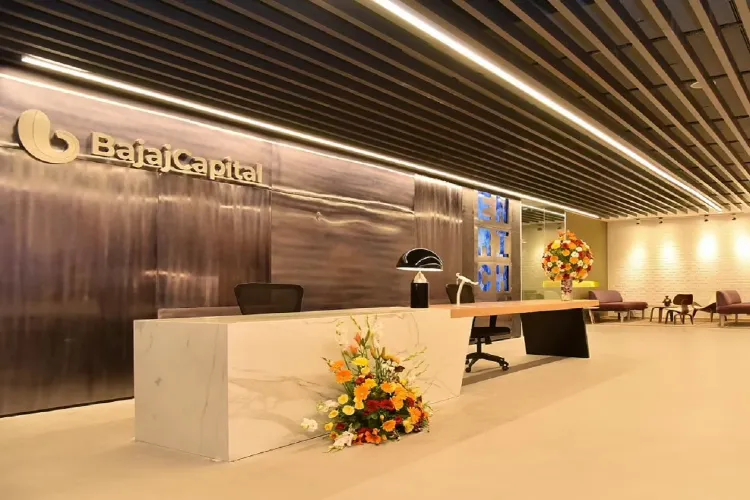
New Delhi
61 per cent of urban Indian households remain at risk of financial destabilisation from a single hospitalisation, even though many of them have some or other form of health insurance coverage, according to a report by BajajCapital Insurance Broking Ltd.
One of the major concerns raised by the report is the inadequacy of current insurance policies in covering actual financial needs.
The average term insurance coverage is estimated to be 30-50 per cent lower than what is required for long-term financial stability. This leaves policyholders significantly underprepared in times of crisis.
Despite rising digital literacy and greater availability of insurance products, the report warns that many Indians are still just one emergency away from serious financial trouble.
The report explores insurance behaviour through five key themes: the gap between inflation and policy adequacy, Gen Z's delay in purchasing insurance, the underinsurance of working women, the rural-urban divide, and how AI can help build trust and transparency in the sector.
The report spotlights the underinsurance of working women. Only 19 per cent of working women have life insurance in their own name, despite contributing to household incomes.
The study found that in 61 per cent of cases, policies were purchased for them, not by them, suggesting a lack of agency. Furthermore, 64 per cent of the women surveyed said they found insurance "too complex to act on," reflecting the need for greater awareness and simpler processes.
Among Gen Z individuals aged 21-30, the report highlights a growing disconnect between awareness and action.
While 83 per cent of Gen Z respondents actively research insurance products, only 36 per cent have actually purchased any form of coverage. A significant 62 per cent believe that "insurance can wait," indicating a widespread perception of insurance as a non-urgent financial tool.
This delay, however, could lead to financial risk in the event of sudden health or life emergencies.
The report also identifies a coverage-confidence mismatch among higher-income earners. People earning over ₹25 lakh per year often assume their income provides sufficient financial security.
However, while their earnings may grow 5-8 times compared to lower-income brackets, their term insurance coverage only increases by about 2.5 times.
Many also rely heavily on employer-provided group insurance, which often lacks critical illness coverage or top-up features, and becomes invalid if the individual resigns or changes jobs.
In rural India, the report notes that awareness around insurance remains low. Although schemes like the Pradhan Mantri Jeevan Jyoti Bima Yojana (PMJJBY) and the Pradhan Mantri Suraksha Bima Yojana (PMSBY) have increased insurance penetration, most policyholders remain unclear about policy terms, benefits, exclusions, or the claim process.
Sanjiv Bajaj, Joint Chairman & Managing Director, BajajCapital, "Insurance is not about death or disease. It's about dignity. When you buy insurance, you're not betting on bad luck, you're securing your family's future choices."
READ MORE: Sarwar Bulbul – a celebrated Naat singer who carries on a legacy
Venkatesh Naidu, CEO of BajajCapital Insurance Broking Ltd. said, "India is insuring itself but not fast enough and not deeply enough."
